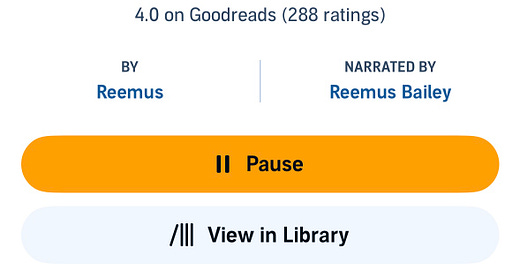Reclaiming the Power of Femininity: Healing Cultural Imbalances and Embracing True Strength
In Healing the Feminine Energy by Remus, the author talks about how our society has moved away from valuing and respecting feminine energy. It’s interesting because the book points out that while feminism has done a lot for equality, it’s also created this dynamic where traditional feminine traits—like nurturing, softness, and emotional intuition—are often looked down upon or seen as less valuable.
Remus explains that cultural programming plays a big role in this. We’ve been conditioned to think that success and power have to look a certain way—typically masculine traits like assertiveness and competition. Because of this, many women feel pressured to suppress their natural strengths to fit into roles or expectations that don’t align with who they truly are. It’s like femininity is being shamed or discouraged, even though it’s such a vital and powerful energy.
What I found really powerful in the book is how it emphasizes the need to heal this imbalance. It’s not about rejecting feminism or progress, but about redefining what strength looks like and allowing feminine energy to have its rightful place. Things like compassion, collaboration, and intuition are just as important as ambition or logic. The book really makes you think about how much we need to celebrate and embrace feminine energy.
For me, it’s about finding that balance. The world doesn’t need us to reject femininity to succeed; it needs us to honor it. And that’s what really resonated with me from this book. It’s a reminder that femininity is not a weakness—it’s a strength.
After reading this book, I felt a deeper awakening—ironically, and honestly. It made me realize how much power there is in going back to the roots of femininity. Reconnecting with that part of yourself can truly help guide your future in so many ways, from understanding what you want in a partner, to clarifying your career goals, to discovering the life you want to build overall.
In the beginning, I didn’t fully grasp just how much of an important role femininity plays in our lives—not just in how we navigate the world, but in shaping our emotional intelligence and sense of self. It’s crazy to think about how disconnected I was from something so fundamental, yet so essential.
Now, I feel an even stronger pull to dive deeper into this connection, to learn more about what femininity means to me, and to fully embrace it. It’s not just about external choices, like how I present myself to the world, but about cultivating inner peace, balance, and self-awareness. I’m starting to see that femininity isn’t just a part of life—it’s the core of who we are, and when we embrace it, it has the power to guide everything we do.
This realization has inspired me to be more intentional about my journey, whether that’s through self-care, setting boundaries, or exploring my creativity. It’s not about perfection, but about aligning with the truest version of myself and honoring what makes me whole. Honestly, this book has been a wake-up call, and I’m so excited to keep exploring what this connection to femininity can bring to my life.




